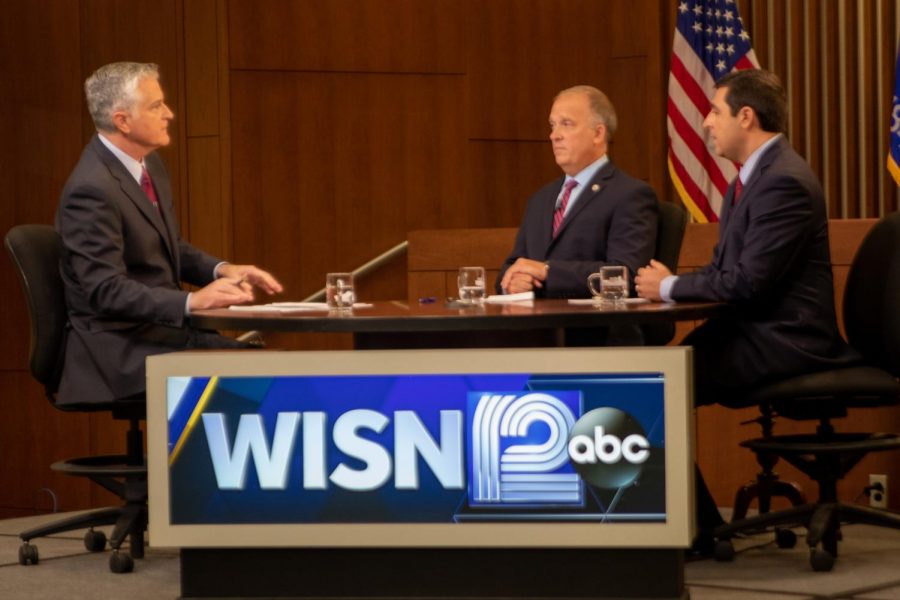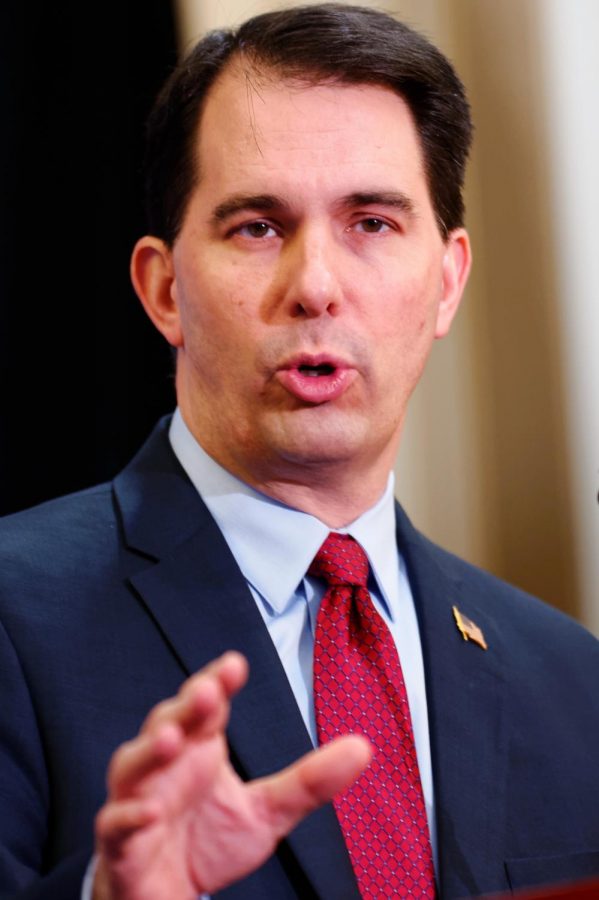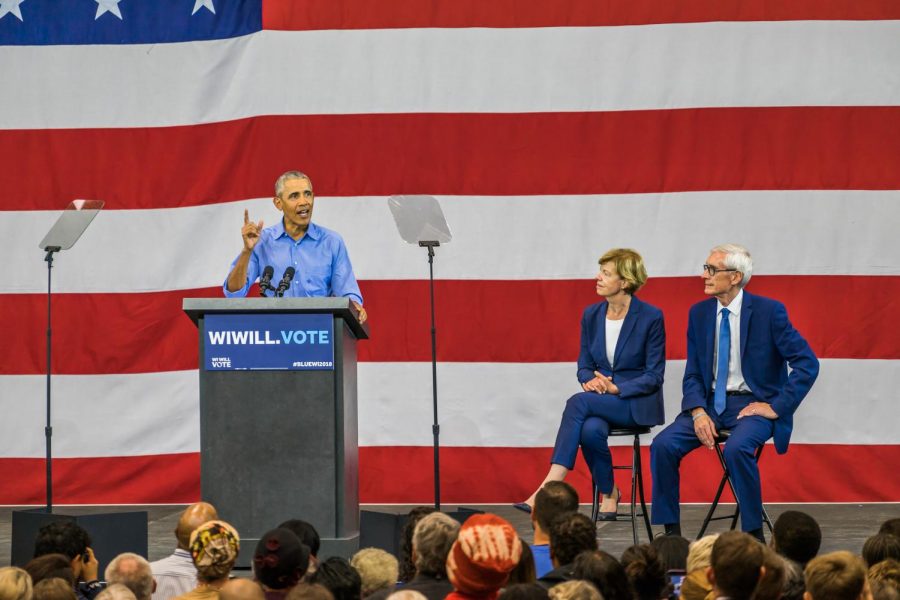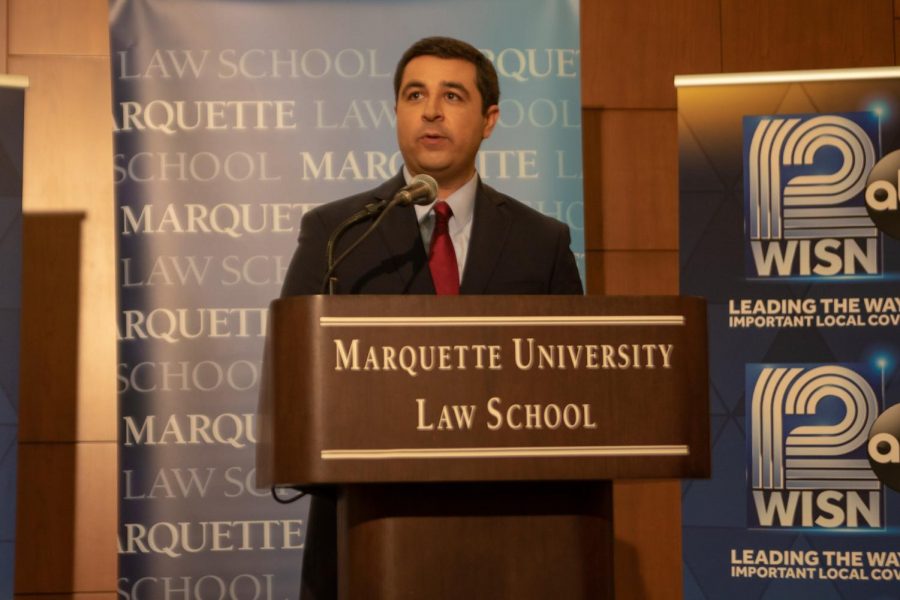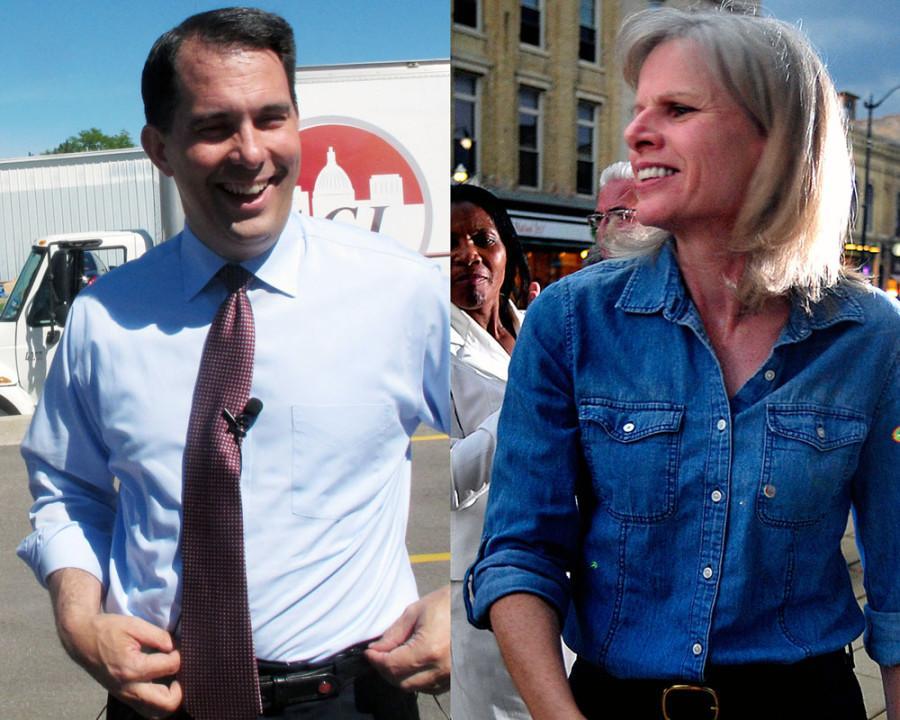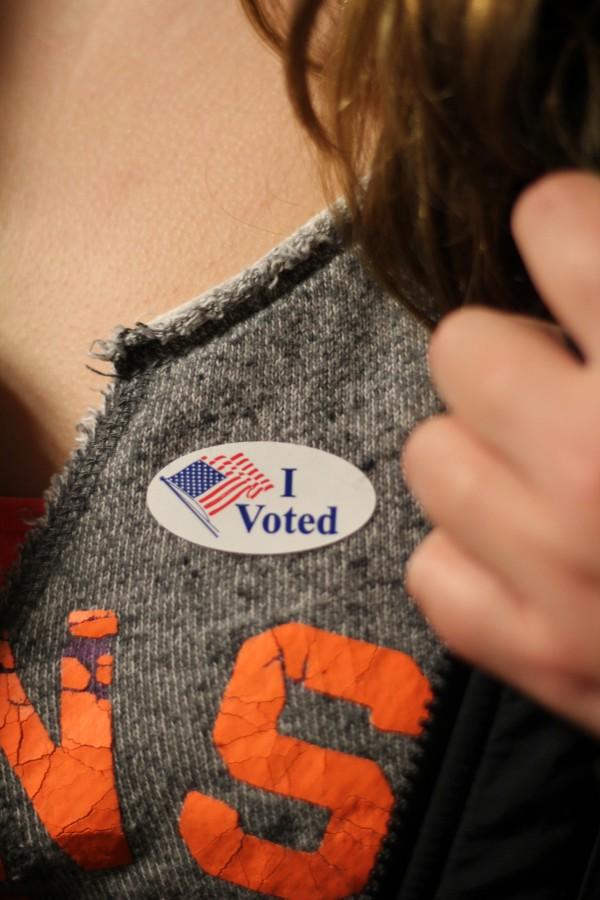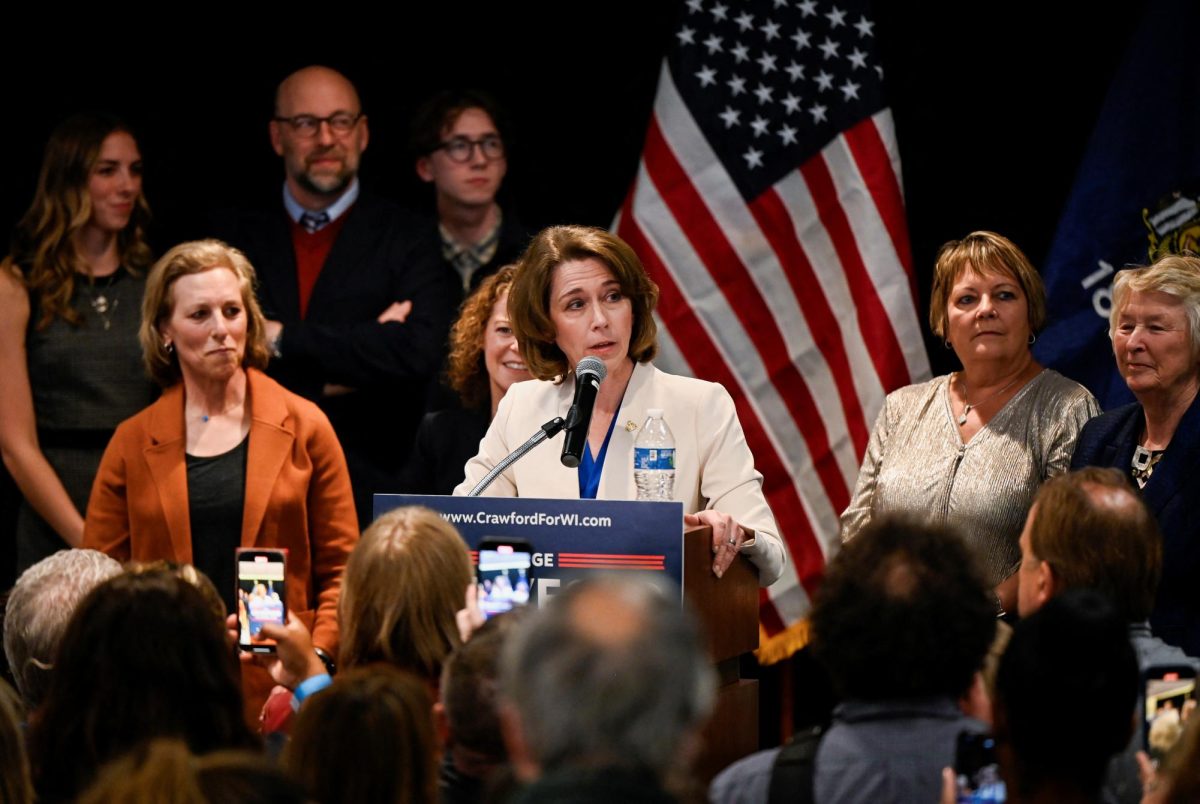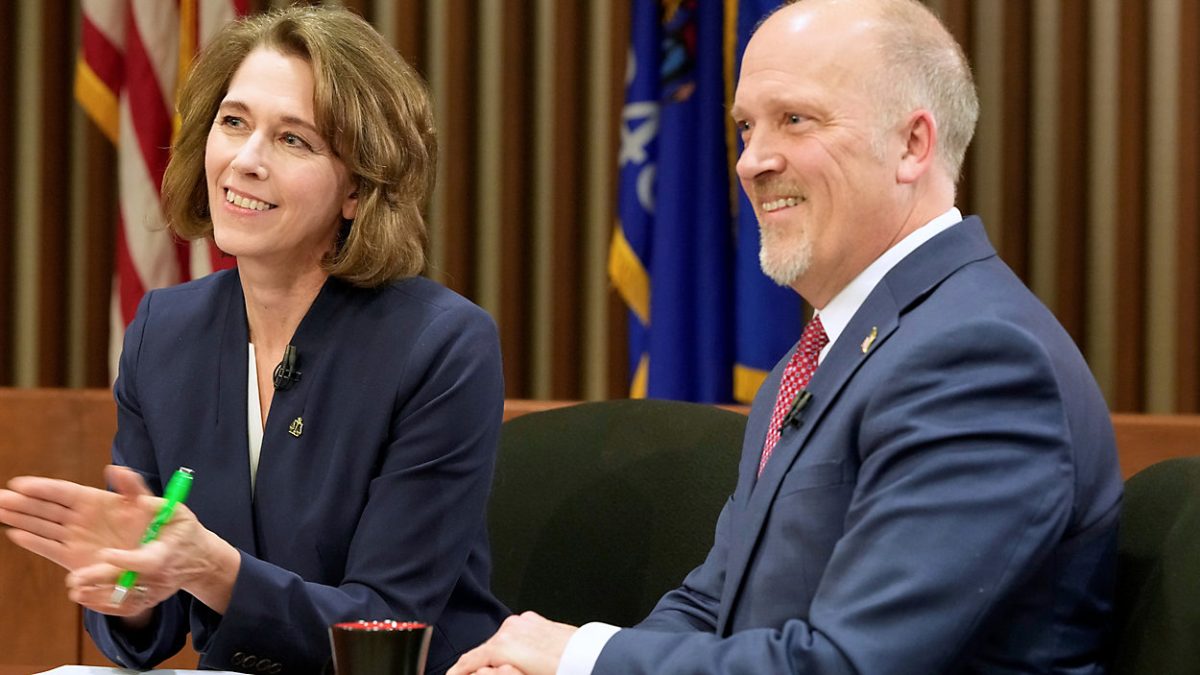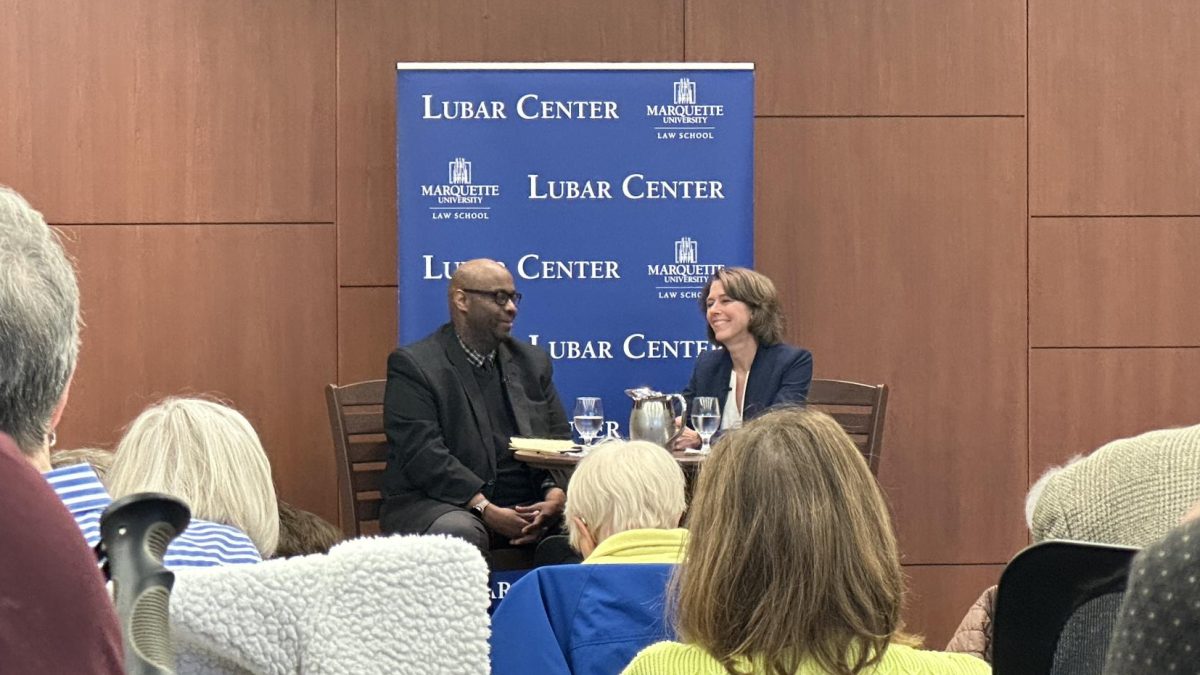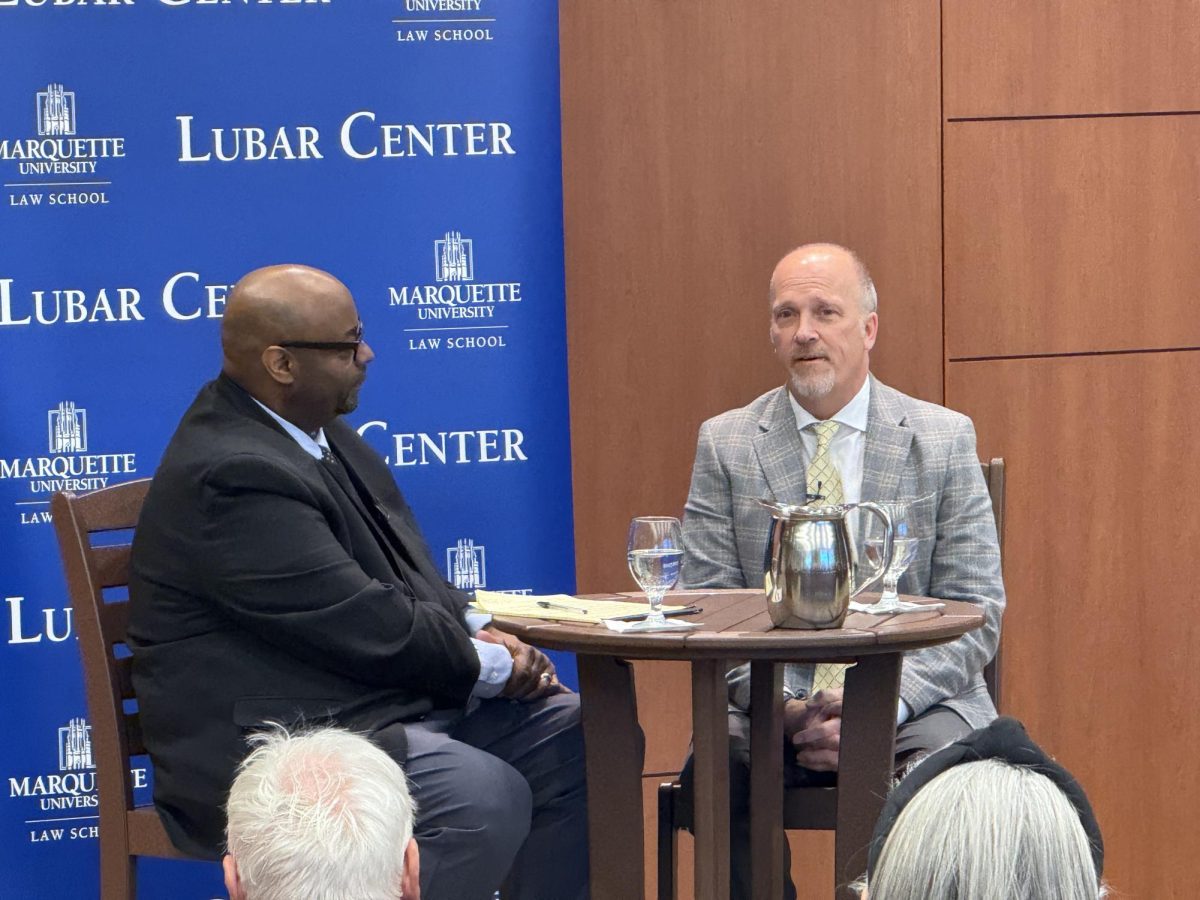The Marquette University Law School Lubar Center hosted the Wisconsin Attorney General Debate Oct. 14. Republican incumbent Brad Schimel and Democratic challenger Josh Kaul debated over issues such as school safety, opioid use and the legalization of marijuana.
The race largely consists of comparing experiences and successes, said Paul Nolette, an associate professor in the political science department who studies American politics and elections.
“(Schimel) is running in large part on his record and Kaul on the other hand is … a relatively young candidate,” Nolette said.
A recent Marquette Law School poll suggested the race between the two candidates is tight. The poll showed Schimel is favorable among 45 percent of registered voters whereas Kaul polled at 41 percent.
Schimel said Kaul only lived in the state of Wisconsin for four years and has not prosecuted a trial in the state. Schimel pointed to his own time as a prosecutor in Wisconsin for 29 years.
“A lot of this race has become an argument about the right type of experience and the right type of attitude for the office,” Nolette said.
Debate moderator Mike Gousha said some Wisconsin voters think Kaul does not have the qualifications to be Attorney General. Previously, Kaul was a federal prosecutor in Baltimore, focusing on drug issues in the city.
Addressing an epidemic
The opioid epidemic is a big issue in the race this year, Nolette said. There were 865 deaths from opioids in 2016 in Wisconsin, according to the National Institute on Drug Abuse.
In an effort to combat the opioid crisis, Schimel created the Wisconsin Drug Takeback Program, collecting over 400,000 pounds of unused medicines from people’s homes.
“When I took office, we had 29 counties with drug treatment (programs),” Schimel said. “We now have 51 that my Department of Justice manages.”
Kaul said he does not believe that Schimel has done enough to combat the opioid crisis. He said that the number of opioid related ER admissions doubled during Schimel’s time in office. A Wisconsin Public Radio article confirmed this statistic.
“We do need to hold pharmaceutical companies accountable for the role they have played in this epidemic,” Kaul said. He also said he wants to expand Medicaid so that more people will be have access to treatment.
Schimel is leading a lawsuit to invalidate the Affordable Care Act. Kaul promised that if elected, he plans to withdraw from this lawsuit.
Legalizing marijuana
Another issue discussed at the debate was the legalization of marijuana, which will be a referendum question on the Milwaukee ballot for the Nov. 6 election.
“I think it would help people who face serious, chronic pain issues,” Kaul said. “I think it would be a good source of revenue.”
Schimel countered by saying the state and country doesn’t “have people in prison for simple possession of marijuana.”
School safety
For the issue of school safety, candidates had differing opinions on arming teachers.
“As AG, I will fight against any effort to arm teachers in Wisconsin,” Kaul said. “I also think we need … some long-term funding for mental health programs in schools.”
Schimel said it should be a local school decision whether schools allow armed teachers.
The role of the AG
Other issues discussed during the debate were sexual abuse, lack of prosecutors and healthcare.
“To a large degree, the role of the AG is up to the AG. They can define the role, and how they define that is going to be an important part of this debate and the rest of the way to November,” Nolette said.
“We are doing work day in and day out that is making Wisconsin stronger,” Schimel said, emphasizing his experience and dedication to Wisconsin.
Kaul said he thinks the attorney general should be a watchdog for Wisconsinites.
“(The attorney general should) stand up for the rights and protections of Wisconsinites,” Kaul said.

